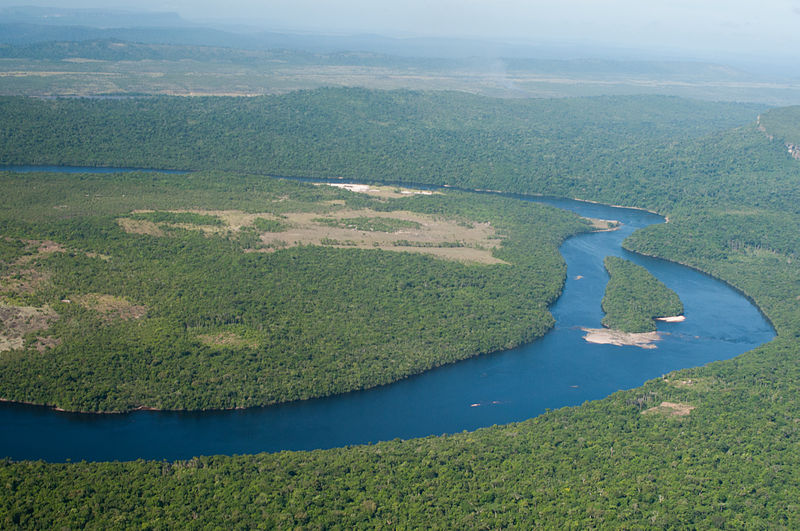by David Wolff
Deep in the Venezuelan jungle of the Orinoco River Delta in 2000,, I worked as a family practice doctor with a team of volunteers. The indigenous people we served had never before seen medical doctors. I met a young woman who never spoke a word to me, yet our encounter changed my life forever.
She sat looking down at the limp infant child that lay across her lap. His vacant stare and sunken dry eyes revealed that she was losing him. The infant’s panting breaths sounded agonized as he used every ounce of strength to survive even a minute longer. His vigor was now nearly gone. Weakness visibly weighed on him, pulling him down into the stillness and sorrow of death.
I looked into the mother’s eyes and was not prepared for what I saw. Her eyes were void of expectation, the kind of numb expectation I typically see in a patient’s eyes. I saw was no implicit plea in those eyes, no plea for help or comfort, no sign of hope that I could offer something, anything that would make a difference.
Instead, I saw a look of despair more devastating, more penetrating, more consuming than any I might have imagined.
What I said or did that day was of no consequence to that woman. She allowed me to do my work but showed no indication that she thought my efforts was meaningful in any way. As a doctor, of coarse, I did everything I could with the equipment and supplies I had to save the life of the little baby.
My treatment most likely did not help this little child. Although I am sad to this day about the likely prospect that he died after I left that village, my greatest grief derives from not being able to impart any comfort to his mother through my act of kindness.
My life experience has proven to me that offering help, motivated by sincere compassion, even if it proves ineffective in the end, usually engenders hope when people face despair, even overwhelming despair. But this was not true on that day, not with that mother, not in that village.
I don’t know why. And it bothers me.
I came back home. I continued with my regular daily routine and busy medical practice. Since my encounter with the sick baby and his mother in the jungles of the Orinoco River Delta, not a single day has gone by when every patient I treat does not come to me with an expectation that I will do what I can to help them.
But I will never forget the day when I looked into the eyes of a young woman who possessed a kind of despair that we know nothing about around here in the “civilized” world. I saw a rare kind of despair that I don’t think any human being should have to bear.
And it haunts me.

Orinoco River, Canaima. photo by Jessy Trompiz, Creative Commons


 David Wolff is a family practice physician in rural Iowa. He has taken many groups with him on Medical Mission trips to remote locations in South America and Siberia. He recently began a new life as father of two teenage girls adopted from Ukraine.
David Wolff is a family practice physician in rural Iowa. He has taken many groups with him on Medical Mission trips to remote locations in South America and Siberia. He recently began a new life as father of two teenage girls adopted from Ukraine.